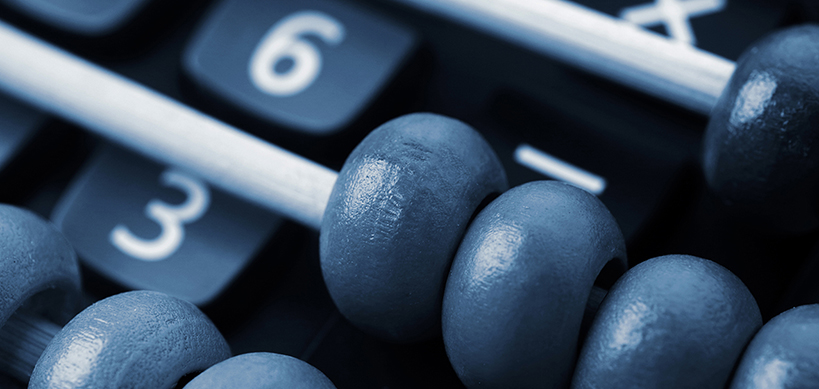Snapshot
- Adjustment clauses in wills can seem deceptively simple, but often give rise to claims.
- Take particular care where there is to be an adjustment for a CGT liability.
Lawcover sees a number of claims against solicitors who have advised executors in relation to the distribution of an estate where the will contained an adjustment clause.
The problem can be a simple calculation error, for example where an amount to be adjusted for a $10,000 inter vivos gift to one of two children is added to the share of the other child, instead of added to the overall estate for division between the children. The result is that the other child receives $20,000 more than their sibling, rather than the $10,000 more which was intended.
More complex adjustment clauses are difficult to draft with clarity, and can also pose problems for executors. Will clients often want to make equal provision for their children but would also like a particular property to pass to one of their children. To avoid problems with fluctuating values and possible ademption it is often advised that clients avoid bulky specific gifts in their wills in favour of gifts of shares of residue. If the client insists on giving bulky specific properties, then it might be recommended that an equalisation or adjustment clause be used with the aim of achieving overall equality.




